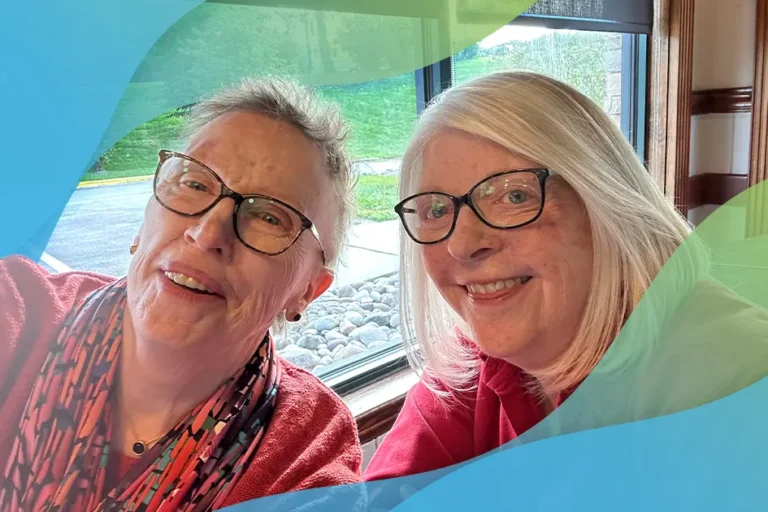About this study
Sol-Gel Technologies is currently evaluating an investigational topical product called Patidegib 2% for the prevention of skin cancers in people with Gorlin syndrome.

Patidegib 2% Topical Solution for the Prevention of Basal Cell Carcinomas
Those with Gorlin Syndrome face the significant burden of persistently developing skin cancers called basal cell carcinomas (BCCs). Although there are surgical procedures and topical products to treat these skin cancers,
current options are not always adequate for use on the face and no therapies exist to prevent their occurrence. Sol-Gel Technologies is evaluating a topical product called Patidegib 2%.
Basal cell carcinoma is caused by abnormal cell growth in the skin, often linked to overactivity in a biological pathway called the Hedgehog signaling pathway. This pathway is like a communication system that tells cells
when to grow and divide. When it gets out of control, it can lead to cancers like BCC.
Patidegib is suspected to work by blocking this pathway, reducing the likelihood of skin cancer development.
What’s Required to Participate?
- Able to apply the study medication to the face twice daily for a period of 1-year.
- Willing to abstain from applying any non-study topical medications to the face during the study, except for daily sunscreen..
- Able to attend 6 in-person clinic visits and 9 phone appointments.
- 10 or more BCCs on the face.
- Genetic testing showing the PTCH 1 defect.


Why Participate?
Participation in this clinical trial can have a big impact on how skin cancers are treated and prevented in those with Gorlin Syndrome. Some benefits you may receive while participating are:
- Possible access to a breakthrough treatment that could advance BCC prevention.
- Compensation for time as well as reimbursement for travel expenses and childcare.
- No-cost genetic testing, skin exams, possible biopsies and surgical treatment of facial lesions, and access to study physician and medical team.
- A positive impact on your future and that of all others affected with Gorlin syndrome.
